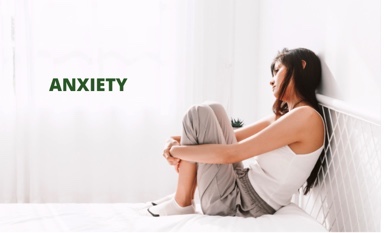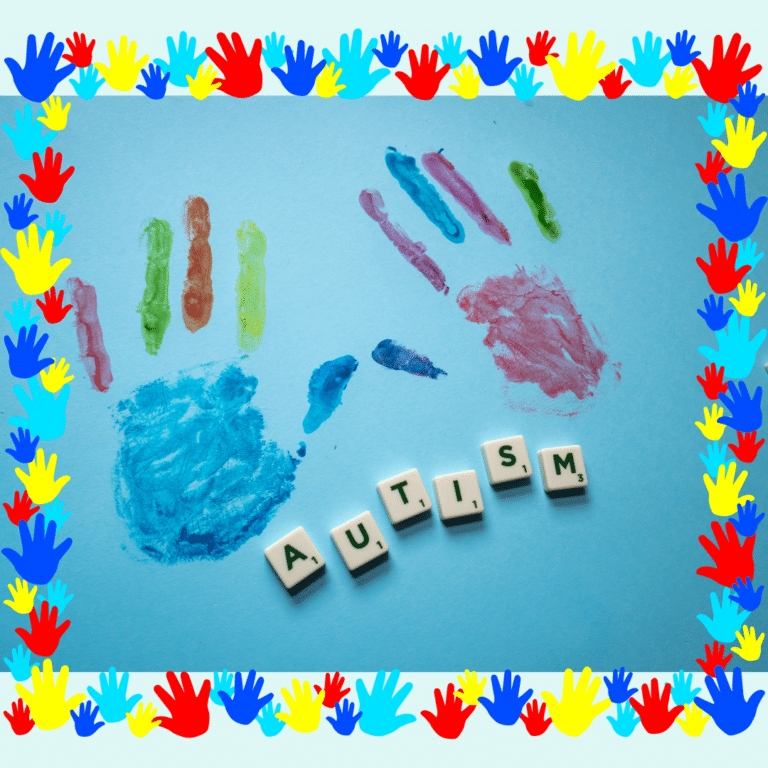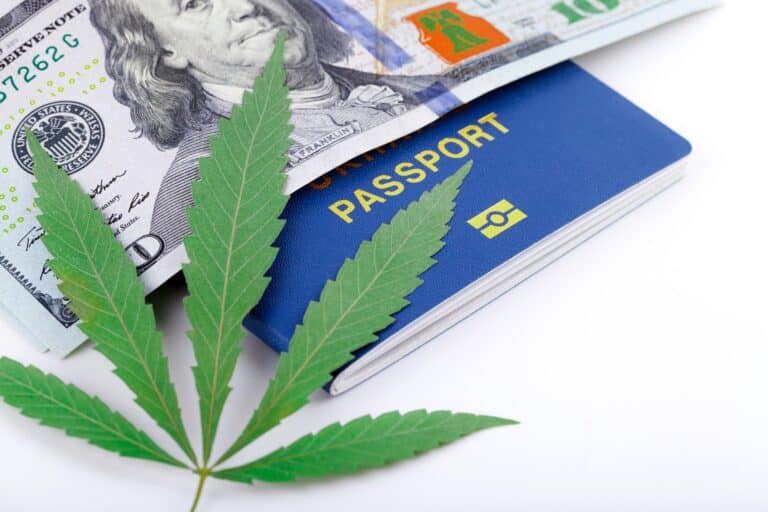https://compcaremd.com/wp-content/uploads/2021/04/83AAFC8B-ACD8-4DDE-AE28-8E8042707C81_4_5005_c.jpeg
Anxiety is the brain’s natural way of reacting to stress and any potential danger. It is the feeling of unease due to worry or fear of something.
Anxiety is common and affects almost everyone from time to time. For instance, individuals may face anxiety when they are about to sit for an exam or undergo a job interview. If you experience this type of anxiety then it’s a normal condition, something you shouldn’t worry about. However, anxiety becomes a problem when it turns into a disorder. Anxiety disorders can impact daily activities and lead to loss of interest in work, school, family gatherings, and other social situations that can ignite the condition.
The different types of anxiety disorders include Generalized anxiety disorder, Panic disorder, Social anxiety disorder, Specific phobias, Agoraphobia, Separation anxiety, Selective mutism, and Medication-induced anxiety disorder. Most users take traditional medications to combat these different types of anxiety. But these medications usually come with a lot of side effects and this has made individuals to consider cannabis as an alternative treatment for anxiety.
How does medical cannabis help anxiety?
The most common treatments for anxiety are called SSRIs. This includes citalopram, prozac, fluoxetine, and sertraline. But these medications have come with adverse side effects including suicide ideation, sexual dysfunction. Also, these medications don’t work for everyone.
Thus, there is a need for alternative treatments for anxiety. One promising way of treating anxiety is by using medical marijuana.
Medical marijuana has risen into popularity over the last couple of years due to its wide range of effects. Recent studies show that the primary cannabinoids Tetrahydrocannabinol (THC) and Cannabidiol (CBD) offer anxiolytic principles useful for anxiety sufferers.
Both CBD and THC affect the cardiovascular and central nervous systems responsible for relief to anxiety patients. CBD and THC offer several properties including muscle relaxant properties, Analgesic properties, Antipsychotic properties, as well as sedative properties.
CBD works by interacting with the body’s endocannabinoid system which consists of receptors that affect mood and focus.
Consuming CBD allows the body to retain naturally produced cannabinoids which can be used to promote a ‘calming effect’. This means users who consume CBD will experience high feelings of relaxation and decreased feelings of anxiety.
CBD can treat different types of anxiety disorders while THC may not be effective in treating generalized anxiety, social anxiety, or posttraumatic stress disorder.
CBD lacks the psychoactive properties found in THC which makes it safe for treating numerous mental disorders.
CBD also offers anti-anxiety properties due to its interaction with the Endocannabinoid system (ECS). CBD interacts with CB1 and CB2 receptors that are found in our central nervous system to bring anxiety to relieve.
CBD’s interaction with these receptors can alter the body’s serotonin signals. Individuals with anxiety and stress usually have low levels of serotonin.
Currently, the traditional method to treat anxiety (low serotonin) is with a selective serotonin reuptake inhibitor (SSRI), such as Prozac.
Anxiety sufferers with low serotonin levels can use medical marijuana as an alternative to SSRI medication.
Bottom line
Medical marijuana can be a very safe, non-intoxicating, and non-addictive alternative for anxiety in both adults and children.
Copyright © 2024 Medical Marijuana Doctor - MMJ Doctor Near Me
Site by CannaPlanners




